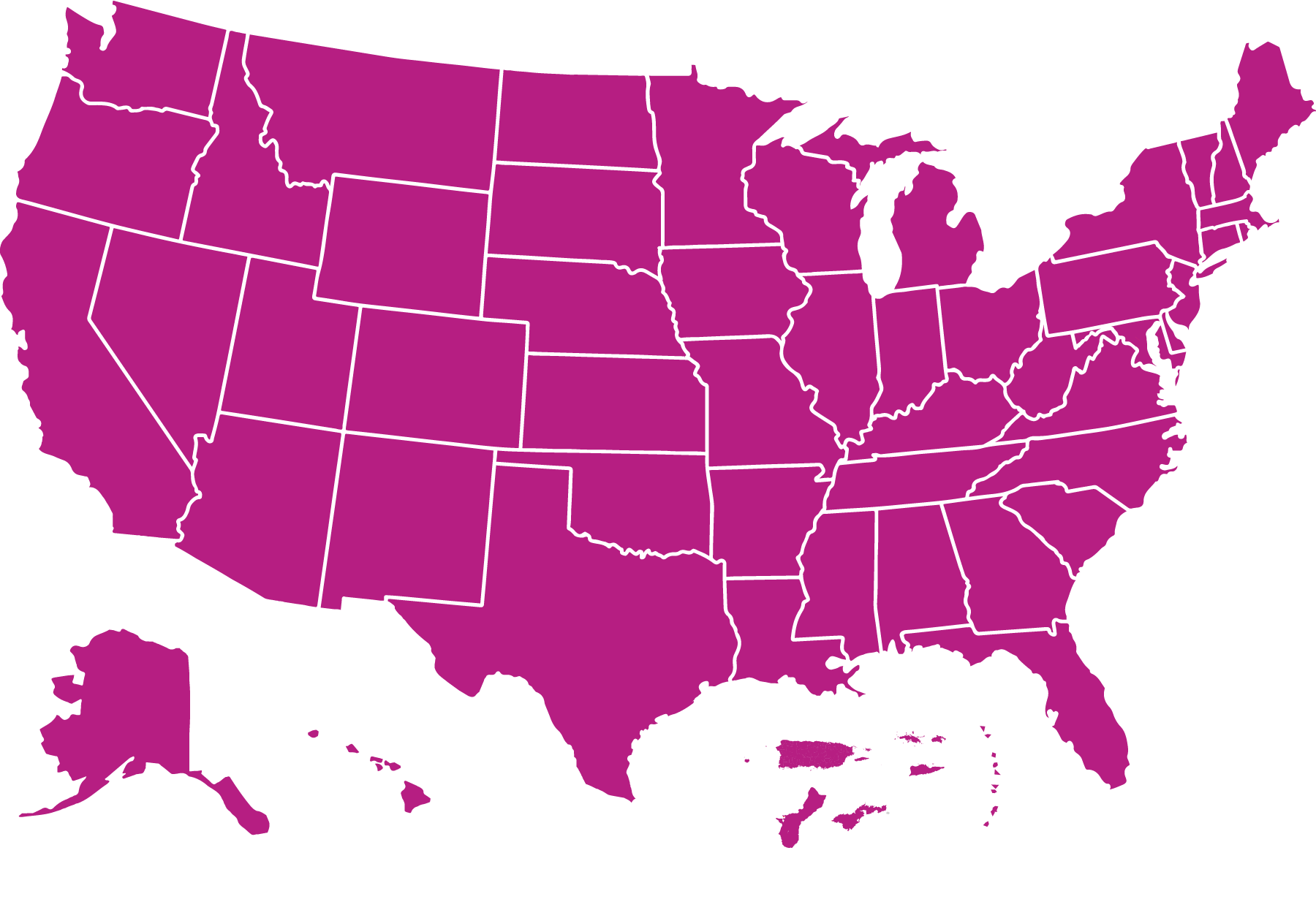Early Head Start Home-Based Option
Early Head Start Home-Based Option (EHS) provides individualized services to pregnant women, infants, and toddlers to promote the school readiness of young children from families with low incomes. The model is administered by the Office of Head Start in the U.S. Department of Health and Human Services’ Administration for Children and Families. EHS promotes the school readiness of children from birth to 3 years old by enhancing their cognitive, social, and emotional development.
What is the model’s approach to providing home visiting services?
Home visits take place weekly. Services are provided until the child is 3 years old. There are no age requirements for when families should begin services.
EHS’ service population includes the following:
- Families with low incomes
- Caregivers under 21 years old
- Caregivers with limited access to education
- Children with developmental delays or disabilities
- Children with special health care needs
- Families with a history of substance use or in need of treatment
- Families with a history of child abuse or neglect/involvement with child welfare system
- Children in foster care
Who is implementing the model?
Home Visitors
The model requires a home-based Child Development Associate (CDA) credential, comparable credential, or equivalent coursework as part of an associate’s or bachelor’s degree. Home visitors are required to maintain an average caseload of 10 to 12 families.
Supervisors
The model requires a bachelor’s or other advanced degree with coursework in early childhood education and early education experience for supervisors.
Where is the model implemented?
EHS operated in 870 local agencies across 50 states and the District of Columbia, American Samoa, Guam, the Northern Mariana Islands, Puerto Rico, and the U.S. Virgin Islands in 2020.

